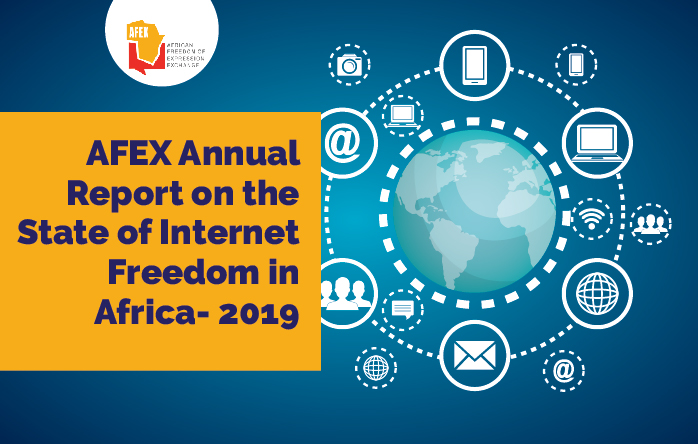Africans use the internet for various purposes including for communication, entertainment, commerce as well as for the enjoyment of democratic rights such as access to information and participation in public affairs. This varied use of the internet to enhance the human experience is of utmost importance and is at the centre of debates to keep the internet open, accessible, and affordable.
Unfortunately, the rights of internet users in Africa and the rest of the world are under growing attack from a host of actors that include state actors as well as non-state actors such as corporations.
The year 2019 saw a number of multinational corporations face charges and investigations based on the abusive and non-consensual exploitation and monetisation of user data. The same year saw an increase in the number of governments that passed laws meant to restrict free speech and access to information in online environments. It was also the year that saw a spike in the number of African countries that experienced prolonged internet shutdowns or information controls.
This report analyses the internet landscape in 10 African countries to identify common themes of how some African governments have chosen to deal with the internet within their respective geographical boundaries. The events selected for this report provide a handy reference to some of the major internet freedom incidents that took place in Africa in 2019. The report covers developments that took place in 2019 in Burkina Faso, Chad, the Democratic Republic of Congo, Nigeria, South Africa, Sudan, Tanzania, Uganda, Zambia, and Zimbabwe.




